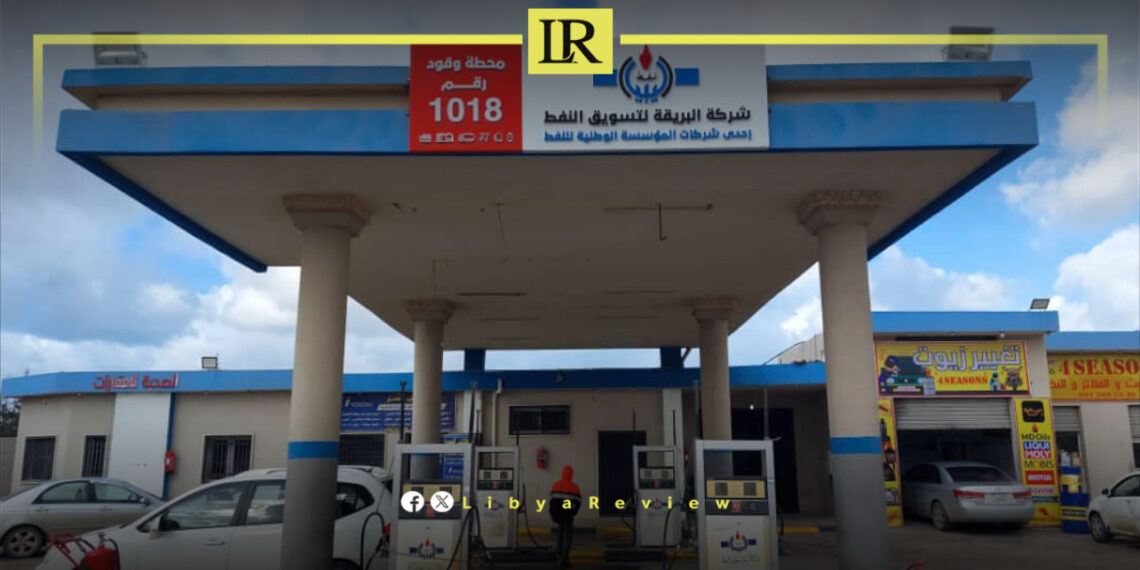On Saturday, the International Monetary Fund (IMF) outlined a comprehensive plan to eliminate fuel subsidies in Libya over a three-year period, with petrol prices projected to rise from 0.15 to 3.3 Libyan dinars per liter.
In exchange, the IMF proposed monthly cash payments to citizens, starting at 217 dinars per person in the first year and rising to 509 dinars by the fifth year.
The proposal, published in a research paper on the IMF’s website, emphasizes the need for a gradual, structured reform that balances fiscal responsibility with social protection. The Fund argues that Libya’s current energy subsidy system is unsustainable, distorts markets, enables widespread smuggling, and drains public resources.
According to the plan, half of the existing fuel subsidy would be removed in the first year. The remaining half would be phased out over the following two years, while electricity and natural gas subsidies would be reformed over five years. Once fuel subsidies are fully eliminated, an automatic pricing mechanism would be introduced to link domestic fuel prices to global market fluctuations.
The IMF warns that any attempt to raise fuel prices will be ineffective without prior reform of the distribution and payment systems. It recommends a digital monitoring system to track fuel from production to retail outlets, ensuring transparency and reducing opportunities for diversion and smuggling.
The report also calls for a nationwide fuel needs assessment, conducted by an independent body, to limit imports to actual demand and reduce waste. A public awareness campaign is recommended to explain the economic rationale behind the reforms and to build trust among citizens.
Libya’s energy subsidy bill reached $17 billion in 2024, equivalent to 35% of GDP. Although Libya is rich in oil, it imports most of its fuel due to limited refining capacity. Fuel imports have tripled since 2016, while domestic electricity consumption continues to grow, fueled by low prices and poor payment enforcement.
The IMF estimates that 30% of imported fuel is smuggled, driven by the massive price gap between Libya and neighboring countries. It warns that powerful interest groups and a lack of political unity may block reform unless the process is carefully managed and transparent.


